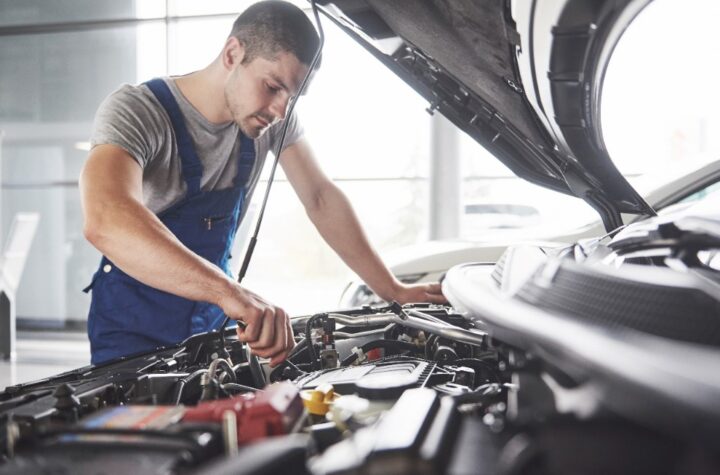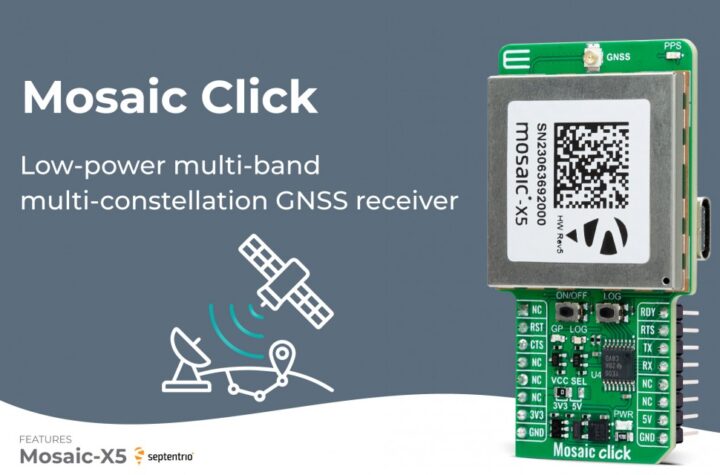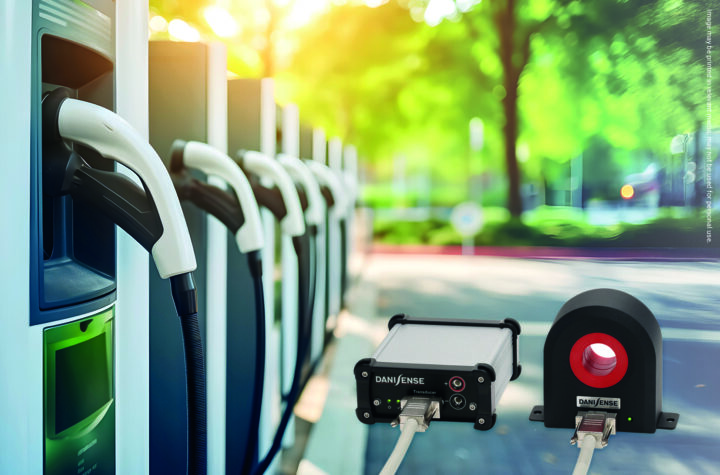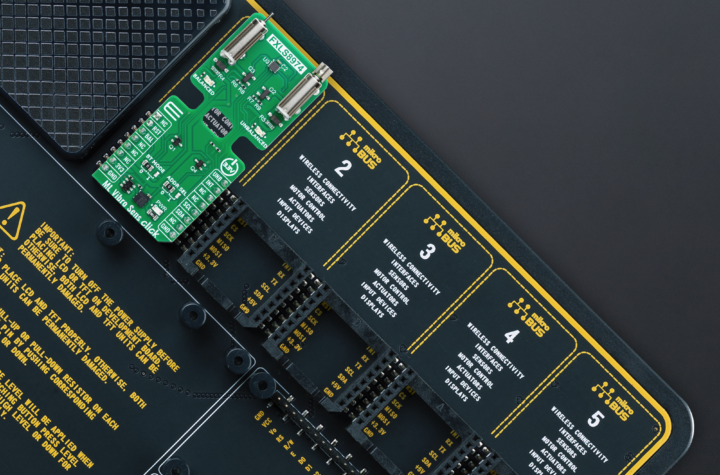
Dealers and dealer networks can reduce their parts inventories and logistics costs through Roadie – which connects companies with goods to move to drivers who are going in the right direction.
Launched in January 2015 the service is available in all 50 American states. In its first year the company had over 280,000 app downloads and 20,000 drivers signed up. The app connects “people who have stuff to send with drivers who are already heading in the right direction. Roadies (drivers) respond based on location and timing with their availability to deliver,” according to the company. Its success is attributed to the adoption of a collaborative business model which is trusted by 68% of consumers worldwide, according to a Nielsen survey. “There’s an invisible grid under all of our feet made up of the patterns and places we go every day, driving to work, on vacation and just running errands,” says Marc J Gorlin, Founder and CEO of Roadie. “We designed Roadie to tap into the excess capacity moving along that grid. There is a low cost for the sender, extra cash for the driver and the potential to make the world a better, greener, friendlier place”.
In 2016 Roadie teamed up with Zipcar in Atlanta, Georgia. “For 15 years, Zipcar has helped pave the way for innovation in urban mobility as more and more people turn to access versus ownership,” said Tedera Lipsey, Zipcar Atlanta marketing manager. “We’re excited to offer our members a chance to try Roadie, an innovative new solution in the sharing economy.”
Automotive Industries (AI) asked Gorlin what impact the technology is having on the logistics sector.
Gorlin: A new model has yet to emerge to solve the challenges faced by the US$90 billion shipping industry, which struggles to meet the growing consumer demand for same day, next day, and out-of-the-box shipping options. For the transportation and logistics industry, the Roadie network provides more flexible shipping alternatives, especially for large and out-of-the-box items, as well as items that need same day arrival. By connecting people with items to send with drivers already headed in that direction Roadie creates a community that enables consumers and businesses a more cost efficient, faster, and greener shipping option.
AI: What is your target this year for downloads of your app and new drivers?
Gorlin: We’re always working to grow our Roadie community, and with more than 280,000 downloads nationwide so far, we’re excited to see how Roadie grows over the next year.
AI: How does peer-to-peer delivery compare in terms of pricing compared to traditional methods?
Gorlin: You don’t see most folks sending a couch or table through FedEx or USPS. Sending with a traditional carrier just gets too expensive and becomes too much of a hassle for those big and bulky items. Roadie is an easy solution for them as an often more efficient and cost-effective way of shipping large, awkward items. Plus, you don’t have to package them as you would with traditional carriers. With Roadie, your cargo can ride commando.
Also, if you have an urgent item that needs to be delivered same-day over a longer distance, most traditional carriers can’t handle that. But chances are there is already a Roadie driver heading in the right direction who can deliver your stuff for you. While on a Gig (shipment), Roadie drivers can make anywhere from $8 for delivering stuff across town or hundreds when delivering Gigs across the country.
AI: How does your Predictive Delivery™ technology work and how effective has it been?
Gorlin: This was an April Fool’s Joke in 2015 and not real technology.
AI: Is this a fad or a trend that’s here to stay?
Gorlin: It’s been amazing to see stories from our community pour in day after day — whether it’s an auto shop sending a Dodge subwoofer to another shop across town, an antique dealer shipping a mid-century modern dresser to a customer, or a guy sending his Tesla Model S’ rear hatch over 1,000 miles to a friend. People are learning that Roadie is more than an easier way to send your stuff; it’s a community made of people helping people that was built on the idea of being a good neighbor. Once they realize that, they keep coming back to use Roadie again and again.
AI: Tell us about your collaboration with Zipcar – what do both companies bring to the table?
Gorlin: Our partnership with Zipcar is one more way we can reward our Roadie community for helping us make vehicle-use more efficient. We’re thrilled to partner with another sharing economy company to provide our Atlanta community a delightful experience both on and off the road. Similar to how we’re changing the way people send their stuff, Zipcar has long been doing the same for how people get around cities. Specifically, Zipcar Atlanta will now offer a special discount on new membership to Atlanta Roadies, while Atlanta Zipsters can now send their first Roadie delivery for free.
AI: What is the potential of the collaborative economy and in which uncharted areas do you see future growth?
Gorlin: There’s no doubt there are a lot of big and small players in the space right now, but I predict that the sharing model will only continue to grow. Uber and Airbnb may be household names to those of us in the tech community, but many folks may not have ever even heard of them, so the potential growth is enormous. I think we’ll see consolidation and a lot more growth as city leaders, consumers, and businesses start to realize how the collaborative economy supports their goals for sustainability, reducing traffic, cutting back costs, and lowering greenhouse emissions.















More Stories
Cybord TCI – The Future of Manufacturing Integrity
Getac on AI’s transformative impact on automotive production and aftersales
New Infineon Bluetooth range designed to meet OEM needs